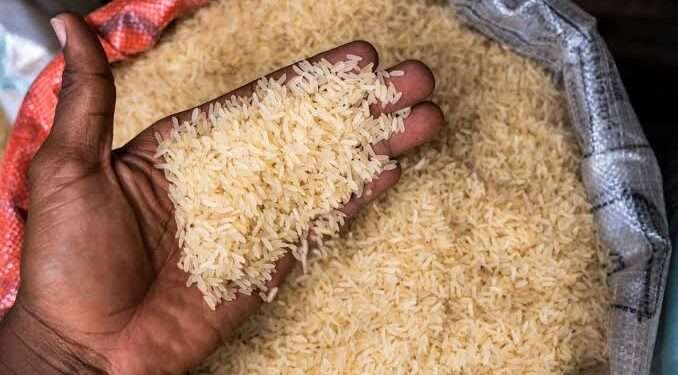Nigeria has received a significant shipment of 32,000 tons of brown rice from Thailand, marking the first consignment of its kind in over a decade. This delivery, facilitated by logistics firm DUCAT, arrives under the federal government’s duty-free import policy aimed at combating skyrocketing food prices.
The rice, now in Lagos, comes as part of broader efforts to address the country’s persistent food inflation and bolster accessibility to essential staples.
DUCAT’s Chief Executive Officer, Adrian Beciri, emphasized the strategic nature of the shipment, noting that Nigeria is working to expand and stabilize its food supply. The government had approved a temporary 150-day duty-free import window for maize, brown rice, and wheat last year. This initiative, which also included plans to replenish the country’s strategic grain reserves and increase production among smallholder farmers for the next planting season, was expected to ease the strain on households.

However, the effects of the policy have been polarizing. While some industry experts lauded it as a move to make essential goods more affordable and curb inflation, others raised concerns about its potential impact on local farmers. Critics argue that cheaper imported goods could flood the market, undermining the profitability of local producers and challenging Nigeria’s push for agricultural self-sufficiency.
The African Development Bank President, Dr. Akinwunmi Adesina, has been vocal in his opposition, cautioning that overreliance on food imports could jeopardize Nigeria’s economic stability and agricultural development goals. Despite the duty-free window, food inflation remains stubbornly high. The latest Consumer Price Index (CPI) from the National Bureau of Statistics (NBS) shows food inflation spiked to 39.93% in November 2024, compared to 32.84% the previous year.

The report highlights alarming price surges in staples like rice, maize, yam, and palm oil, with Abuja and 19 other states recording food inflation rates exceeding 40%. These rising costs have only deepened the cost-of-living crisis for millions of Nigerians, leaving many questioning whether the duty-free policy will offer any meaningful relief or merely exacerbate existing challenges for local farmers.
As the debate continues, Nigeria’s strategy to balance short-term relief with long-term agricultural growth remains a pressing issue, reflecting broader tensions between economic policies and the realities faced by citizens and producers alike.




